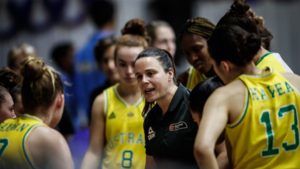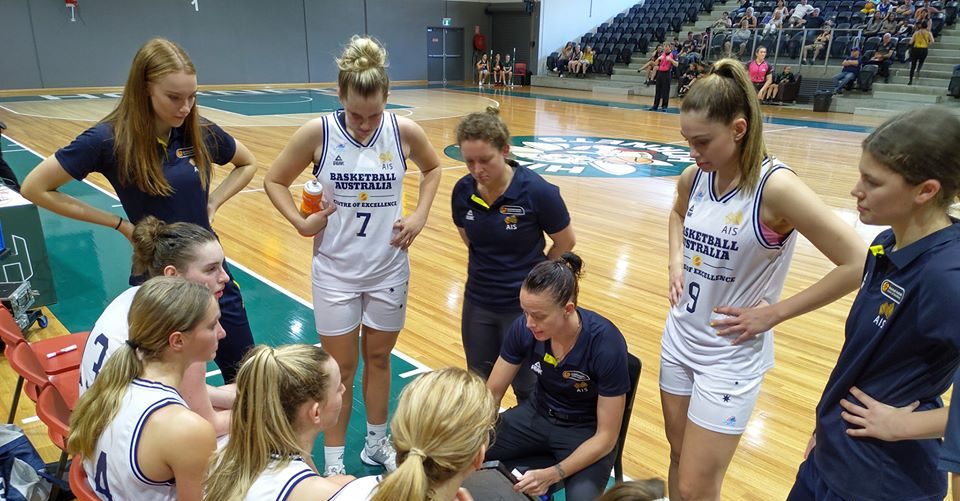The recent regular season success and dramatic play-off run of the Phoenix Suns has provided plenty of highlights on the court, but perhaps it is the leadership and oration of coach Monty Williams that has captured the imagination of coaches.
Respected universally for his leadership and genuine care for his players, social media has been full of clips of Coach Williams speaking from the heart and providing “sound bites” that coaches globally will look to emulate.
So, how important is a coach’s ability to inspire through their words and messaging and how can you develop your oratory skills as a coach?
Practice Makes Perfect –
As with any skill, practice makes perfect. The ability to address the team in a succinct and impactful fashion is a key skill for coaches at all levels and part of the craft that needs investment and practice.
While modern coaching has trended away from the “fire and brimstone” motivational speeches pre-game, the coach still needs to be able to provide leadership and espouse the culture of the program numerous times each week.
So how do you practice this area? Some ideas to consider –
- Rehearse – on the drive to practice or the game, allow yourself to “think out loud” and practice the key themes and messages for your communication with the team
- Reflect with the person in the mirror – practice your message in front of the mirror. This can be somewhat confronting at times, but valuable and allows you to not only hear yourself, but observe your mannerisms and body language
- Practice with your staff – don’t be afraid to do a “dry run” with your staff prior to games or key sessions and seek feedback/input
Pregame, Halftime: cover a few concepts, give team manageable information, don't have heads spinning, leaving locker room cross eyed: better to have 1 or 2 things: win shoot around or win the game? You decide=simple, clear, concise, light & precise.
— Mike Dunlap (@CoachMikeDunlap) July 12, 2021
Reflecting on your messaging –
Reflection is absolute crucial in a coach’s improvement and continued growth. As coaches, we continually provide athletes with feedback and ask them to reflect on their performances.
Coaches need to embrace this as well and as you look to improve your oratory skills, reflecting and seeking input are valuable tools to drive that improvement. Some ideas to consider –
- Have a coaching peer observe practice and games and provide specific feedback about the way you present to the team, your language and message
- Record a pre-practice or pre-game talk and take the time to listen and review
- Wear a Go-Pro in practice and observe your positioning, movement and listen to your messaging, teaching and intervention
Research –
To get better at any task or challenge, research plays a key role. Taking the time to research a theme or concept, exposing yourself to great coaching and business communicators and refining your message is so valuable.
For years, coaches across all sports espoused the teachings of legendary NFL coach Vince Lombardi or borrowed the inspiring lines of the AFL’s John Kennedy. Rather than regurgitate some of these legendary orations, blend the key messages and themes into your presentation.

Not Everything is a Speech –
While clear, concise and inspiring communication is crucial, be wary of everything being an “oratory event”. With the amount of information available to us all, picking the appropriate moment is vital.
“If the only tool you have is a hammer, you will start treating all your problems like a nail,” Abraham Kaplan. Be mindful of time and place and don’t be afraid to say little or at times, say nothing.
Some aspects to consider –
- Tone and volume
- Movement and body language
- Setting – who else can hear?
- Language
- Providing the opportunity for others to speak
- Length of speech or address – less is best




Leave a Reply